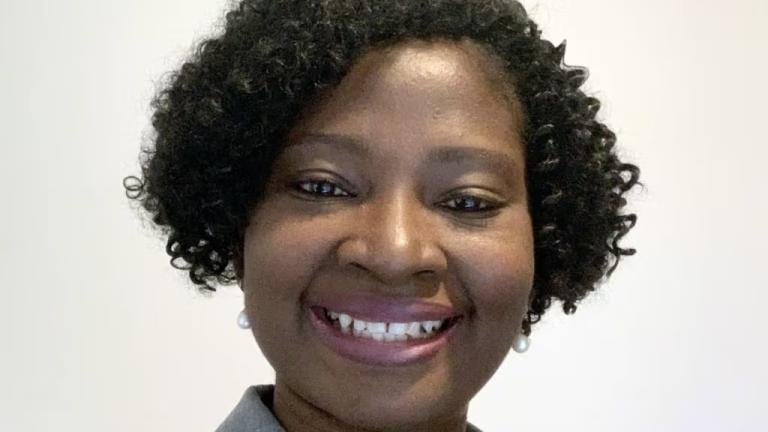School’s either out or about to let out for the summer. That means kids will have a lot more time on their hands.
These days, that often means more time spent in front of a screen.
Surgeon General Dr. Vivek Murthy recently issued a warning that social media presents a “profound risk of harm” to kids’ mental health. He’s calling on families to set limits on social media use and for lawmakers to issue tougher standards on technology platforms to protect kids.
Skokie author Devorah Heitner is a frequent speaker at schools and companies where she provides parents practical advice on how to stay connected with their kids’ online life. She encourages parents to find a balance between respecting their kids’ privacy, while keeping them safe in a digital world.
Heitner is the author of “Screenwise: Helping Kids Thrive (and Survive) in Their Digital World.” Her newest book, “Growing Up In Public,” will be released in September 2023.
Below is an excerpt from the forthcoming book.
“Growing Up In Public” by Devorah Heitner
Even though middle schoolers and older teens are aware that everyone posts their best moments, it can still be quite painful for kids to see others having things that they can’t have, or having “a better time” than they are having.
They might come across photos or posts of an ex-girlfriend or -boyfriend and their new partners. Or of their peers doing something they are not allowed to do, like going to a concert. Or friends going to an event or party that they weren’t invited to. When that happens, kids might be at home alone while posts of their friends “having a blast” keep popping up on their phones in real time. Being excluded is a painful experience for anyone, but especially tweens and teens, for whom belonging is such a primary need.
In all my conversations and workshops with young people, the kids that seem the least bothered by social media understand it to be a performance. Many kids can distance themselves from the fiction of having a perfect life or look at the idea of being “social media worthy” in an ironic way.
For some of the teens I spoke with, the ability to resist comparison was stronger when they spent less time on social media, or predominantly used social media to text via direct message—a shortcut that doesn’t involve needing to ask for someone’s phone number.
For almost everyone, it is easier to resist comparison when you are feeling pretty good about yourself. But after a breakup, a conflict with a friend, or a setback like not getting a spot on the team, a part in the play, or a desired acceptance to college, looking at what others are posting can be particularly painful—but also hard to resist. Those are the times we can try to nudge our children to take a break; we can also model taking a break ourselves when social comparison is bringing us down.








